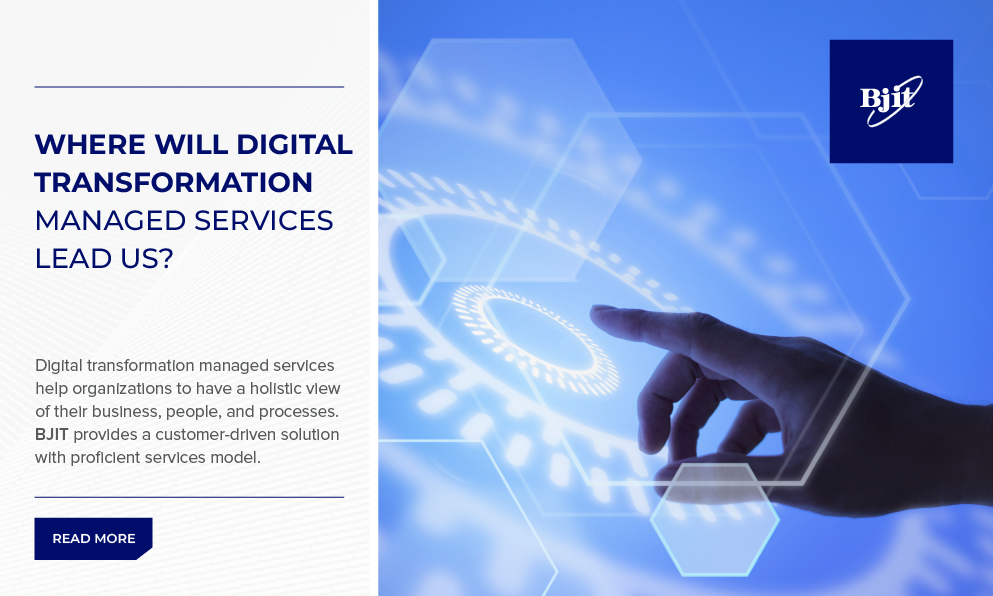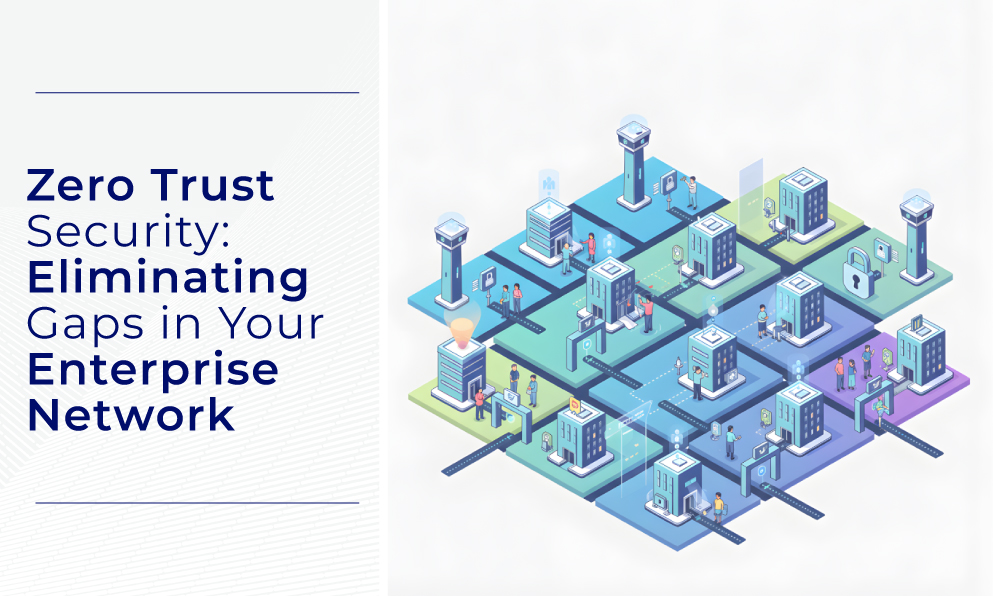Sweden has turned itself in the previous ten years into one of the most valuable European offshore IT solutions, largely from being recognized as the home of IKEA, Volvo, and Ericsson. Sweden is becoming a hub for digital transformation as industry-changing technologies impact more and more industries. By utilizing Sweden's top-tier technical expertise, innovation centers, and strong startup culture, international businesses may accelerate their path to a smarter, low-carbon future through offshore, nearshore, or onshore IT services.
Sweden is a Center for Innovation
Most people typically take today's hyper-connected culture for granted and don't pause to consider how all the technology around us functions. This may seem contradictory given the emphasis on digitization and the worldwide growth of the ICT sector.
Sweden does better than any other country when it comes to utilizing digital technology to promote long-term growth, productivity, and social development. Sweden has vowed to use emerging technologies like AI and IoT to address more significant social problems while upholding ideals like openness, cooperation, honesty, and ethics. When it comes to e-commerce and increasing online sales, Swedish SMEs are likewise leading the way.
Sweden's thriving ecosystem is not the result of an overnight success; rather, it is the result of several factors that encouraged the emergence of new businesses, including a well-designed safety net that includes free education and healthcare, supportive laws, and ecosystem contractors that give back to the community.
Nearly 20% of Sweden's GDP is made up of the digital industry, which also employs at least 18% of the working population in Stockholm, the country's capital.
As a result, large IT firms have established offices in Sweden to get early access to the European market, establish centers of excellence or R&D, test new technologies, and either purchase or collaborate with Swedish entrepreneurs. Apple, Amazon, Facebook, Fujitsu, Google, HCL, HP, IBM, Microsoft, Nvidia, and Samsung have all made significant investments in Sweden.
A Startup and Global Tech Hub
One of the most rapidly expanding tech startup environments in the world, Stockholm also breeds unicorns in addition to startups. This impressive accomplishment demonstrates the market's strength, which is distinguished by its entrepreneurism and thriving cross-disciplinary collaborative culture.
The startup and scaleup environment in Stockholm has given rise to businesses like Skype, Spotify, Klarna, King, Mojang, iZettle, Kry, Trustly, Truecaller, Yubico, and others.
They support a sizable ecosystem of up-and-coming stars who are getting ready to take on the world by offering a lot of inspiration, wisdom, and leadership collectively. Additionally, VCs and these successful tech leaders are currently reinvesting.
Sweden's ecosystem for digital technologies has five important advantages:
• More than 30 test beds with an emphasis on 5G/6G, AI solutions, cloud computing, gamification, remote learning, advanced robotics, and the Internet of Things (IoT).
• A thriving ICT sector with 6.1% of the workforce employed (twice the EU average) and a famous startup ecosystem that creates multinational digital businesses.
• Digital infrastructure that is among the most network- and technology-ready in the world, long-lasting, and low-carbon.
• Expertise at the pinnacle of the fields of e-commerce, augmented reality, virtual reality, wearable technology, user experience, cybersecurity, cloud delivery, data centers, and other related fields.
• The number of linked devices per person worldwide is four times more than it is in the US.
The Digital Transformation Catapult
Sweden's digital transformation managed services foster sustainable innovation and can assist in resolving issues like the rise in energy consumption and the need for intelligent transportation. Other examples of how digital technology might revolutionize cities include the availability of education and health services, as well as the safety of cities.
The quick transition to a digital society puts additional pressure on society to transform. Sweden is a global leader in digital innovation and competitiveness, and it provides offshore IT solutions in fields like waste-to-energy, water, smart grids, renewable energy, and sustainable building that help create a brighter future.
Swedish hardware and software developers, digital pioneers, and savvy businessmen are working together at scientific parks, research facilities, and test beds to push the boundaries of innovation in a number of industries. Manufacturing, transportation, e-mobility, retail, banking, and financial services are a few of them.
Another growing business that presently employs over 10,000 people is gaming. Enterprises are now investing in 'gamifying' old goods and utilizing new, immersive technologies for collaboration, teaching, data visualization, and other purposes.
Sweden is also an excellent location for applied AI development due to its flourishing co-innovation environment, cutting-edge research, rich talent pool, legislative achievements in the field of AI, and stable digital infrastructure. Because of strong combined investments in AI research and commercialization by business, academia, and the public sector, Swedish enterprises are now significantly ahead of the European standard in terms of AI maturity.
Setting a New Standard for Green Computing
In the drive toward sustainable computing, Sweden makes a compelling argument for hosting activities. The country's energy mix is 98% carbon-free and has the highest percentage of renewable energy in the EU (54.6%). With wind power output expected to have exceeded 28 TWh in 2020, Sweden will be the top wind power generator in the Nordic area.
While some other countries are experimenting with the idea, Sweden now has more than 30 data centers that feed excess heat back into the heat pump system and get paid for it. This finding led to the utilization of waste heat from data centers to heat tens of thousands of homes.
To support the Swedish industry in maintaining its innovation for smart city, world-class technology, and digital transformation leadership while simultaneously providing the best environment for foreign businesses looking to improve their value proposition and expand into new markets.
The Digital Infrastructure & Cloud service of BJIT AB emphasizes Sweden's competitive advantages in the fields of connectivity, the Internet of Things, sensors, data centers, cloud, and edge computing. It also focuses on the partnerships needed to develop the infrastructure of the future. Cybersecurity, which is a crucial component of every tier of the technological stack, will play a significant part in building the credibility and confidence needed by users, clients, and regulators.
Advanced digital (enabling) technologies are the focus of BJIT AB. These include but are not limited to artificial intelligence (AI), advanced analytics, fintech, gamification, and visualization. These technologies and offshore IT solutions are essential to the ongoing transformation of industries and humanity as a whole.
Sweden's Digital Dominance in both Europe and Beyond
Sweden is a pioneer in impact investment, which is consistent with its long history of addressing various climate challenges. Impact investing in Swedish startups increased to €4.3 billion in 2021 from €1.3 billion in 2020, placing Sweden third globally and ahead of all other European countries.
If you want to start or grow your company in Sweden's digital technology sector, you can get all the help and information you need from BJIT AB.
BJIT helps clients choose an onshore, nearshore, or offshore model—or a combination of the outsourcing solutions—that best suits their demands for success by investigating their needs while taking into consideration their top criteria, including cost, timeliness, and technical expertise.











